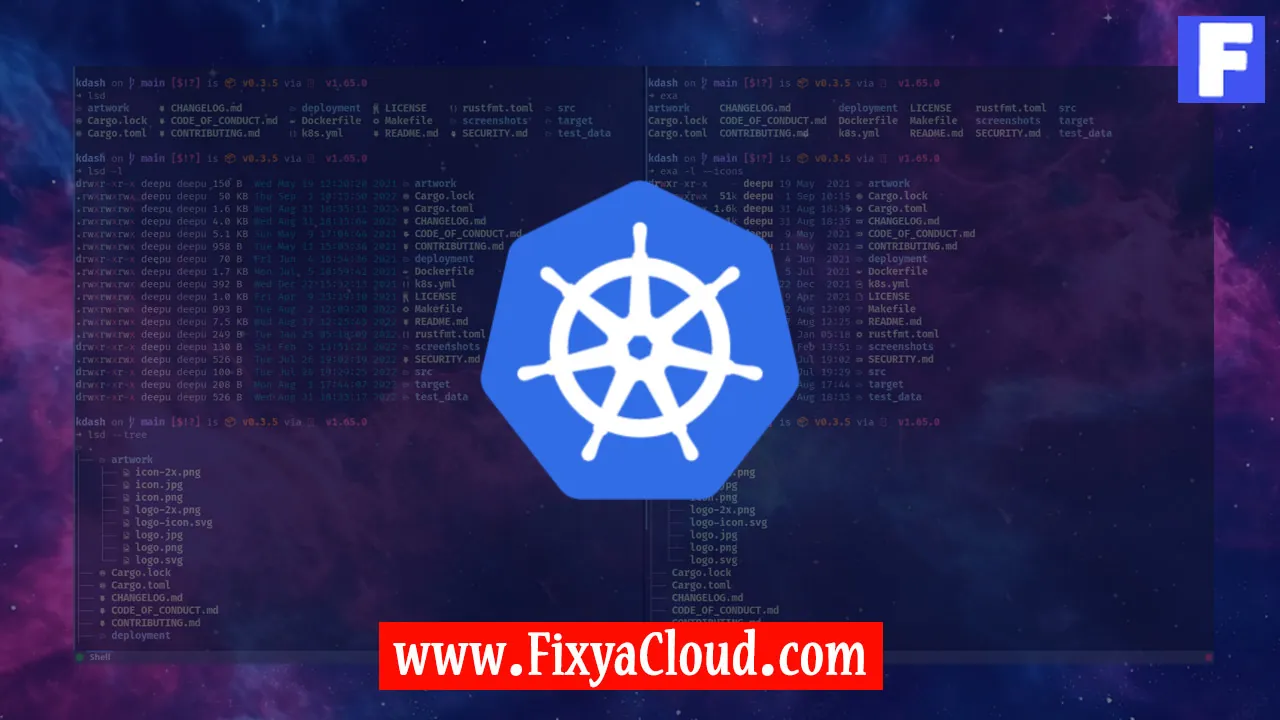How to Ensure a Deleted Pod is Restarted After a Specified Time in Kubernetes

In the dynamic world of container orchestration, Kubernetes has become the go-to platform for managing and deploying containerized applications. One common challenge that Kubernetes administrators face is ensuring that deleted pods are automatically restarted after a specified period. This is crucial for maintaining the availability and reliability of applications in a Kubernetes cluster. In this article, we will explore the steps to achieve this task efficiently.
Setting the Stage: Understanding the Problem
When a pod is deleted in a Kubernetes cluster, ensuring its automatic restart involves leveraging Kubernetes controllers and their reconciliation loops. This ensures that the desired state of the system is continuously maintained. Let's dive into the practical steps to implement this functionality.
Step 1: Create a Kubernetes Deployment
To begin, let's create a basic Kubernetes Deployment that manages the pod we want to automatically restart. Use the following command:
kubectl create deployment my-app --image=my-container-image
Replace "my-app" with the desired deployment name and "my-container-image" with the actual container image you intend to use.
Step 2: Define a Pod Disruption Budget
A PodDisruptionBudget ensures that a certain number of pods are available during disruptions. This is crucial for maintaining application stability. Create a PodDisruptionBudget YAML file, for example, pdb.yaml:
apiVersion: policy/v1beta1
kind: PodDisruptionBudget
metadata:
name: my-app-pdb
spec:
maxUnavailable: 1
selector:
matchLabels:
app: my-app
Apply the PodDisruptionBudget to your deployment:
kubectl apply -f pdb.yaml
Step 3: Implement a Kubernetes CronJob
To handle the automatic restart after a specified time, we'll use a CronJob. Create a CronJob YAML file, for example, cronjob.yaml:
apiVersion: batch/v1beta1
kind: CronJob
metadata:
name: my-app-restart
spec:
schedule: "*/5 * * * *" # Every 5 minutes
jobTemplate:
spec:
template:
spec:
containers:
- name: restart-container
image: busybox
command: ["/bin/sh", "-c", "kubectl rollout restart deployment my-app"]
restartPolicy: OnFailure
Apply the CronJob to your cluster:
kubectl apply -f cronjob.yaml
Step 4: Monitor the Restart Process
Now, Kubernetes will automatically restart the specified pod every 5 minutes, as defined in the CronJob schedule. Monitor the process to ensure everything is functioning as expected:
kubectl get cronjob my-app-restart
kubectl logs <pod-name>
More Examples and Customization:
- Adjust the CronJob schedule according to your specific requirements.
- Explore other restart strategies, such as using liveness probes to trigger restarts based on application health.
Related Searches and Questions asked:
That's it for this topic, Hope this article is useful. Thanks for Visiting us.
